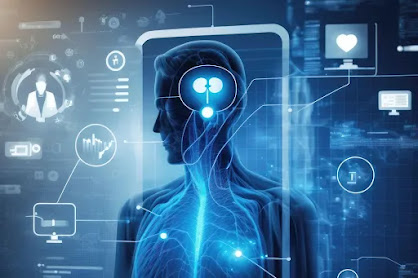You ask whether artificial intelligence could transform science itself, highlighting the potential for AI algorithms to trawl through the global academic literature for patterns and insights. [ '' I, robot '' scientist, September 16th ]
It is a troubling reality that the reliability and trustworthiness of this literature is undermined by a significant proportion of content that is fraudulent, dishonest and fake, for reasons which are often related to the career advancement of the miscreants.
Some of this material weeded out by suspicious readers, reviewers and editors, but an unknown volume escapes censure to contaminate the academic gene pool.
In my own wide-ranging field of medicine, information from fraudulent and misleading papers can have a significant adverse impact upon human health and well-being.
Hence there is a real danger that trawling AI for insights will naively integrate the good and bad and the ugly with the erroneous and potentially damaging.
The solution to this problem are not yet clear, but awareness of the potential for harm is an important first step.
The World Students Society thanks David Rew, Faculty of medicine, University of Southampton.

.png)


0 comments:
Post a Comment
Grace A Comment!